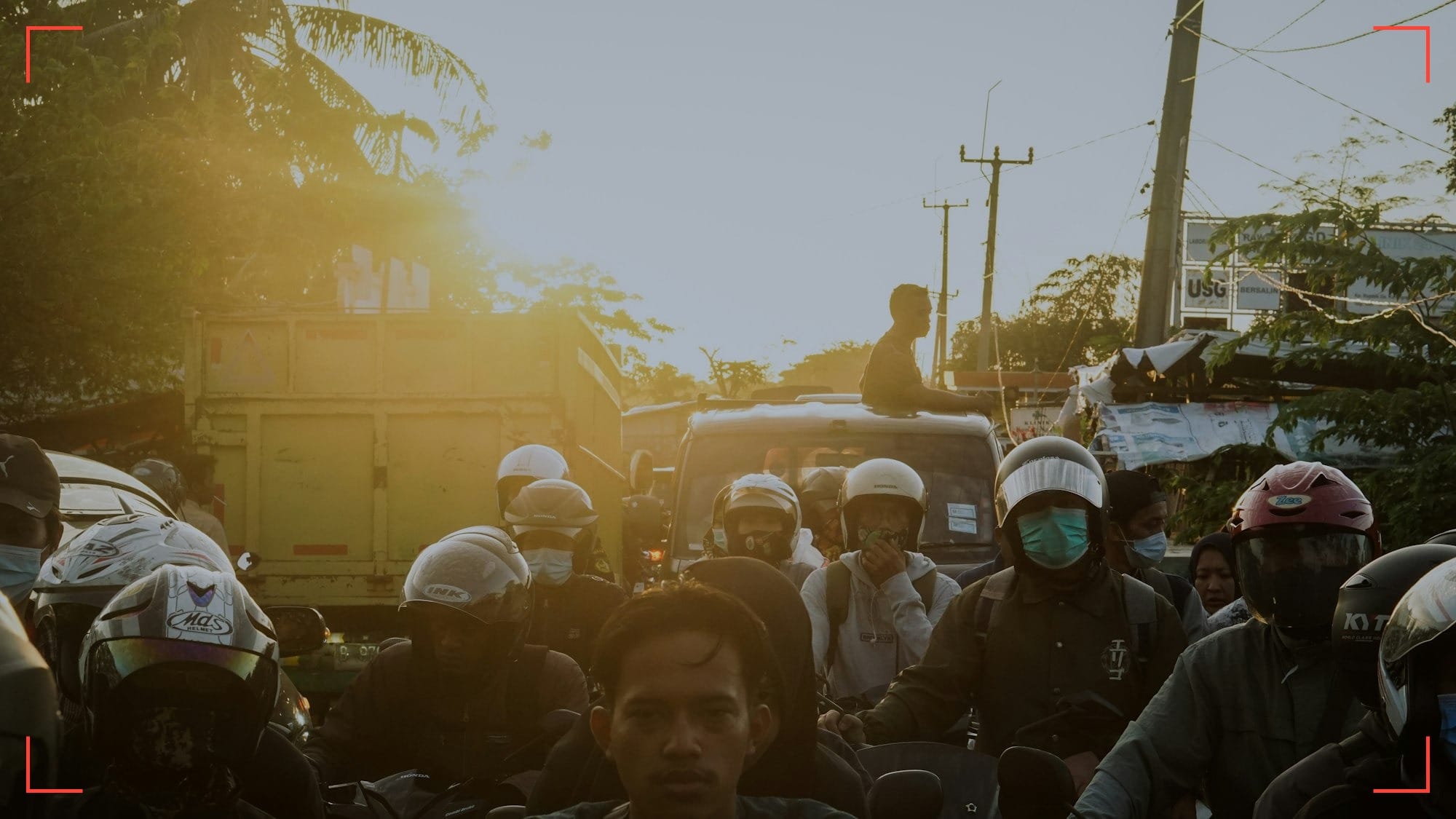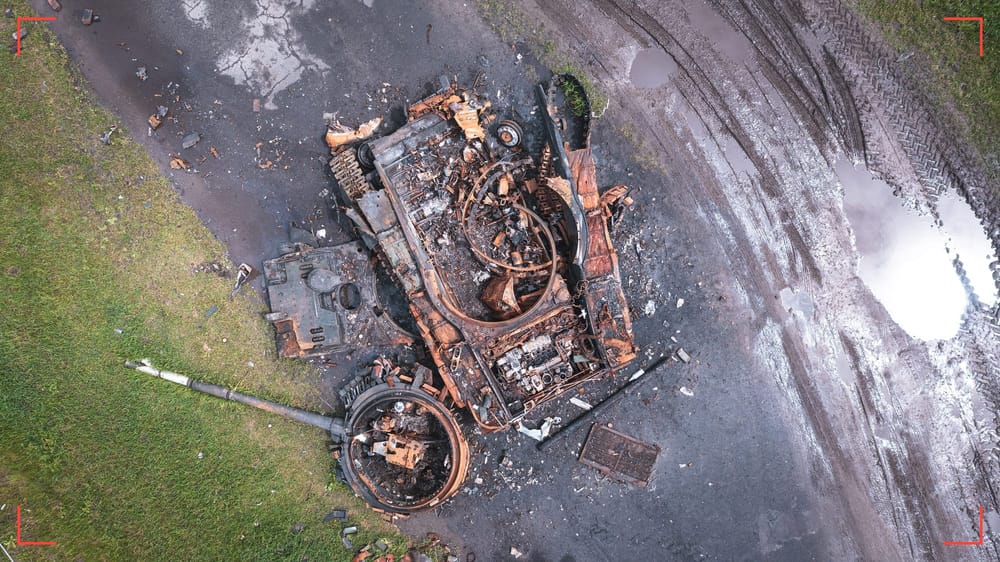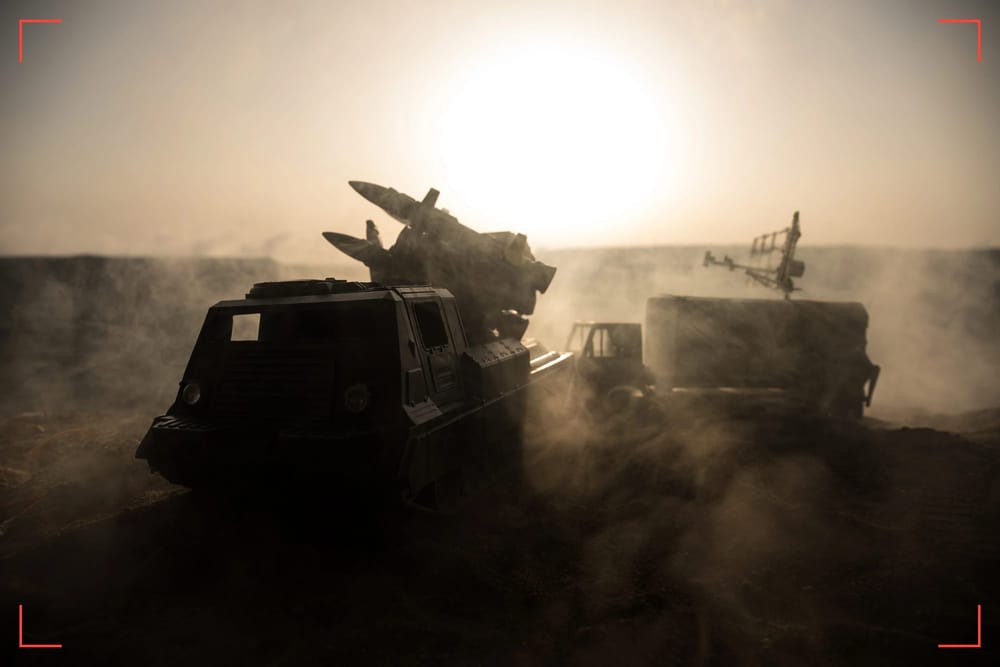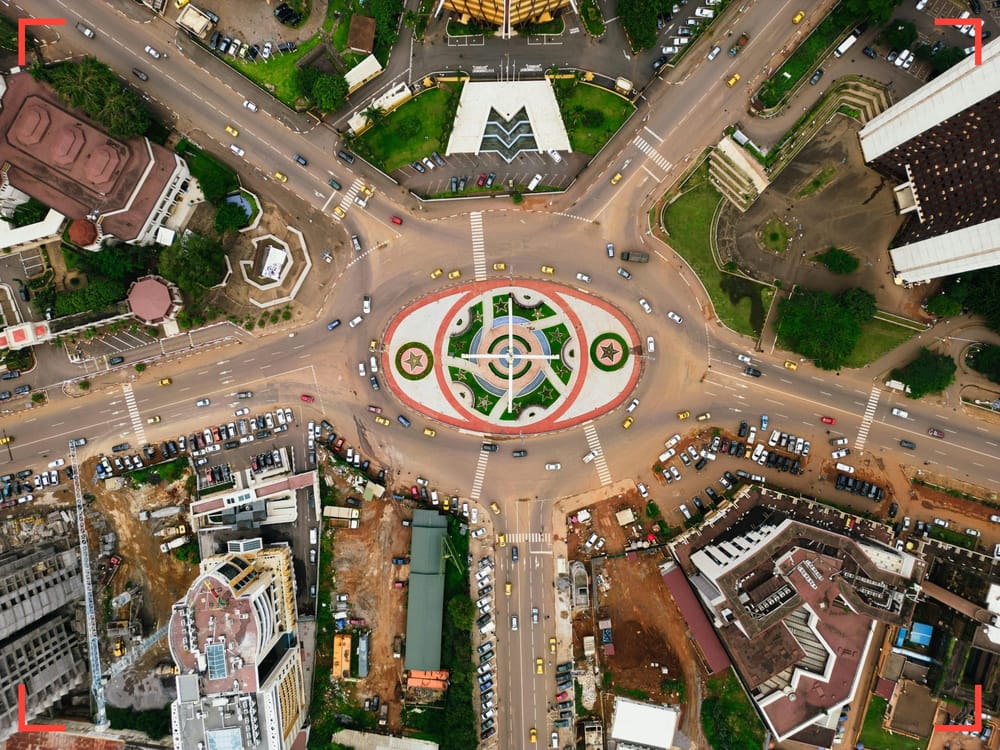
Report Details
Initial Publish Date
Last Updated: 12 FEB 2025
Report Focus Location: Myanmar
Authors: DP, ZR
Contributors: GSAT
GSAT Lead: MF
RileySENTINEL provides timely intelligence and in-depth analysis for complex environments. Our global team blends international reach with local expertise, offering unique insights to navigate challenging operations. For custom insights or urgent consultations, contact us here.
Key Points
- The 2021 military coup in Myanmar, led by General Min Aung Hlaing, triggered mass protests, violent crackdowns, and an ongoing civil war. The junta, now controlling only 21% of the country, faces strong resistance from ethnic armed groups like the Kachin Independence Army and Arakan Army.
- Over four million people have fled Myanmar, while millions more suffer from poverty and displacement. At least 21,000 individuals have been arrested for opposing military rule, underscoring widespread human rights abuses. The conflict has also resulted in over 50,000 casualties and a growing number of internally displaced persons, further deepening the humanitarian crisis.
- ASEAN has condemned the junta and rejected its proposed elections. The UK has imposed trade restrictions, while U.S. sanctions target the military, its leaders, and related businesses, freezing assets and restricting exports. The withdrawal of Western aid, including the U.S. freeze on foreign assistance, has worsened the humanitarian crisis and deepened Myanmar’s isolation.
- Myanmar’s GDP per capita has declined significantly, while foreign direct investment has sharply decreased over the years. The economic downturn, coupled with workforce depletion, has severely weakened prospects for recovery. Major corporations like Chevron, TotalEnergies, and Telenor have exited Myanmar due to ongoing instability.
- The Rohingya face severe restrictions on movement, healthcare, and education, while conflict with the Arakan Army has worsened conditions. The escalating violence has displaced thousands, further limiting humanitarian aid. The junta’s repatriation plans are widely seen as a facade, offering no real safety or rights.
- The Thai-Myanmar border has become a hub for human trafficking, illegal gambling, the drug trade, and financial scams. Weak governance and ongoing conflict have allowed these illicit networks to expand, often with the complicity of local militias and corrupt officials.
- China and Russia maintain strong ties with Myanmar, driven by economic and strategic interests. While China focuses on trade and infrastructure and has brokered ceasefires to protect its investments, Russia remains Myanmar’s key military supplier and is expanding its role in energy and defense.
- The junta restricts NGO operations through harassment, surveillance, and strict control over access to conflict-affected regions, limiting humanitarian aid. Foreign activists face visa restrictions, while local partners are pressured to disclose financial records and affiliations.
Remaining content is for members on Charter Member only.
Please subscribe to Charter Member and unlock this article and more content.
Subscribe Now






